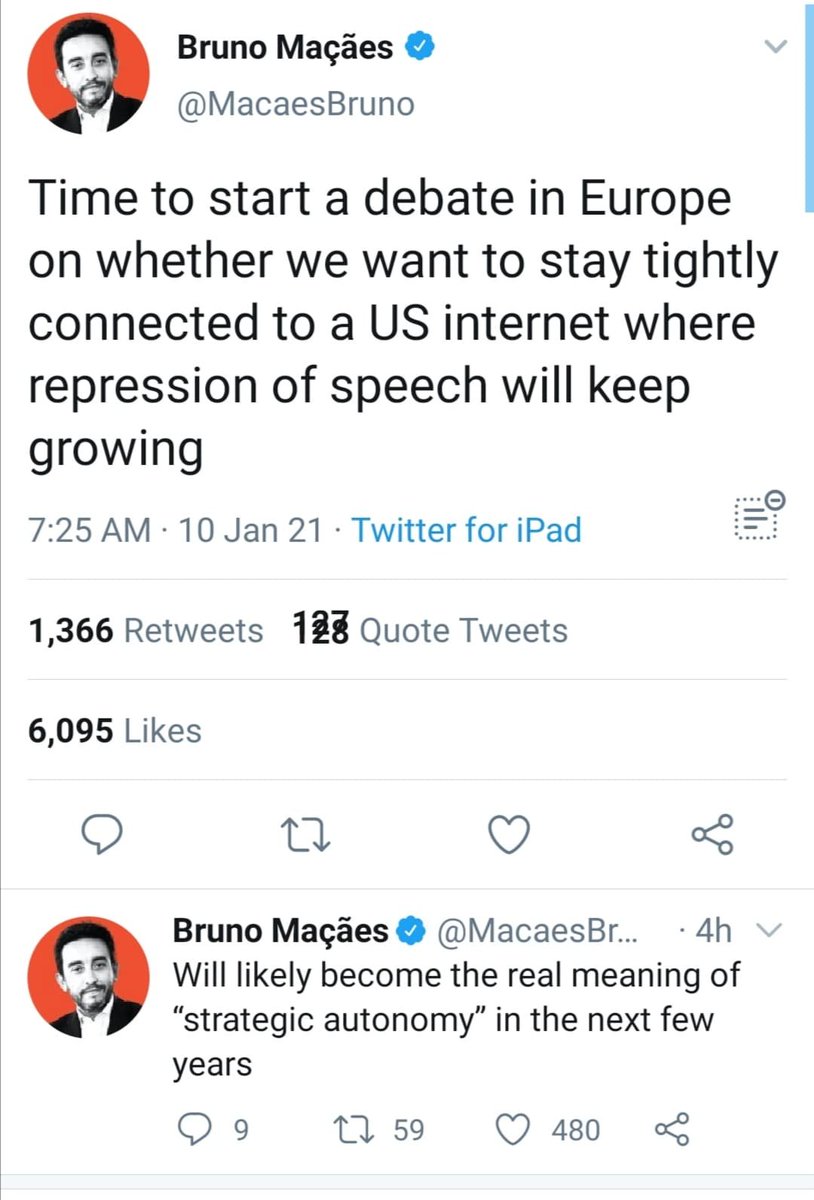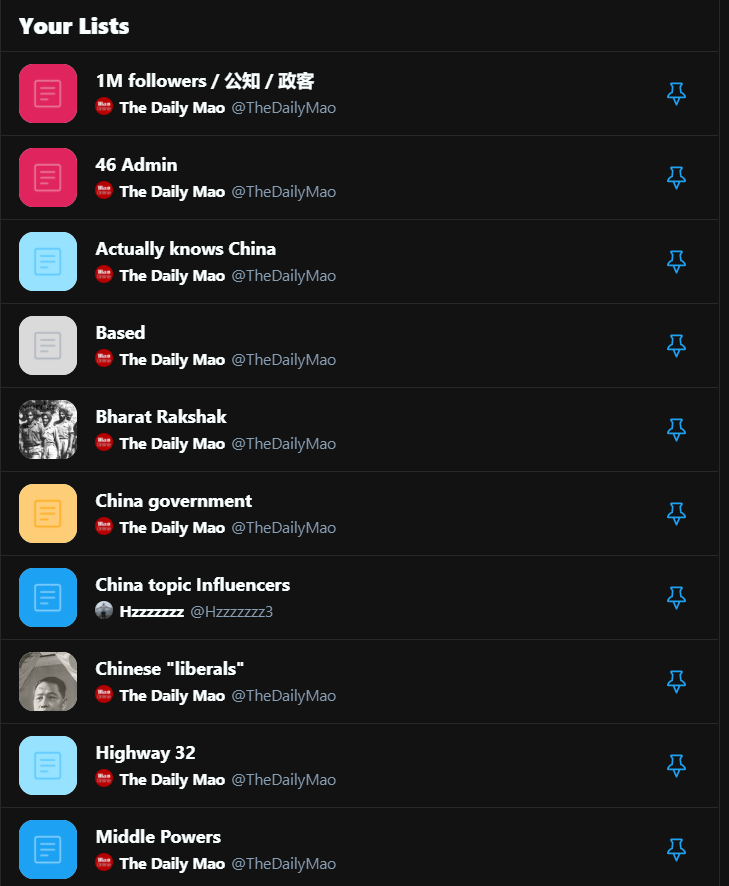
The background image for Kurt Campbell's consulting firm is hilarious.
Gigantic Mt Fuji overlooking Asia's cities, with a tiny Washington Monument right in the middle. I wonder what country he's going to orient his entire Asia policy around? 🤔
@suea_thornton
Gigantic Mt Fuji overlooking Asia's cities, with a tiny Washington Monument right in the middle. I wonder what country he's going to orient his entire Asia policy around? 🤔
@suea_thornton

And if Campbell does make it through as NSC Asia Czar, expect no resolution on probably the only US trade policy issue that China actually cares about 

Which means that China and the US are exceedingly unlikely to have any sort of productive relationship over the next 4 years - or even the next 40
https://twitter.com/TheDailyMao/status/1327454016767344641
There are only two realistic outcomes here: China outflanks the US trade bloc by accelerating interdependence via RCEP/CAI, or it takes Taiwan, takes over Western Pacific SLOCs, and cuts a deal with Japan and South Korea. Campbell's goal of dictating terms to China is a fantasy.
I would go on but it's worth noting that Campbell found time to cape for Pottinger in an October 2020 interview even though he full well knew Matt was pushing the Wuhan Virus narrative in an attempt to demonize Chinese people in the United States 

Of course, Pottinger has been one of Campbell's proteges since at least 2010 so it's not surprising that he would say that. But that should give you some sense of where Campbell's views lie as well 





And if you combine Campbell's "Asia Czar" role with Sullivan giving him some sort of interagency SWAT team plus Campbell whispering in the ears of 'empowered' regional officials, you have a recipe for the US getting sleepwalking into a full-blown Cold War - at the least 

Anyhow, you can read my PoV on how to starting fixing the US-China relationship here. It starts with taking the biggest time bomb out of the relationship. There's more that I've thought about and will share later @suea_thornton @JohnCulver689
https://twitter.com/TheDailyMao/status/1327447515185070082
• • •
Missing some Tweet in this thread? You can try to
force a refresh













